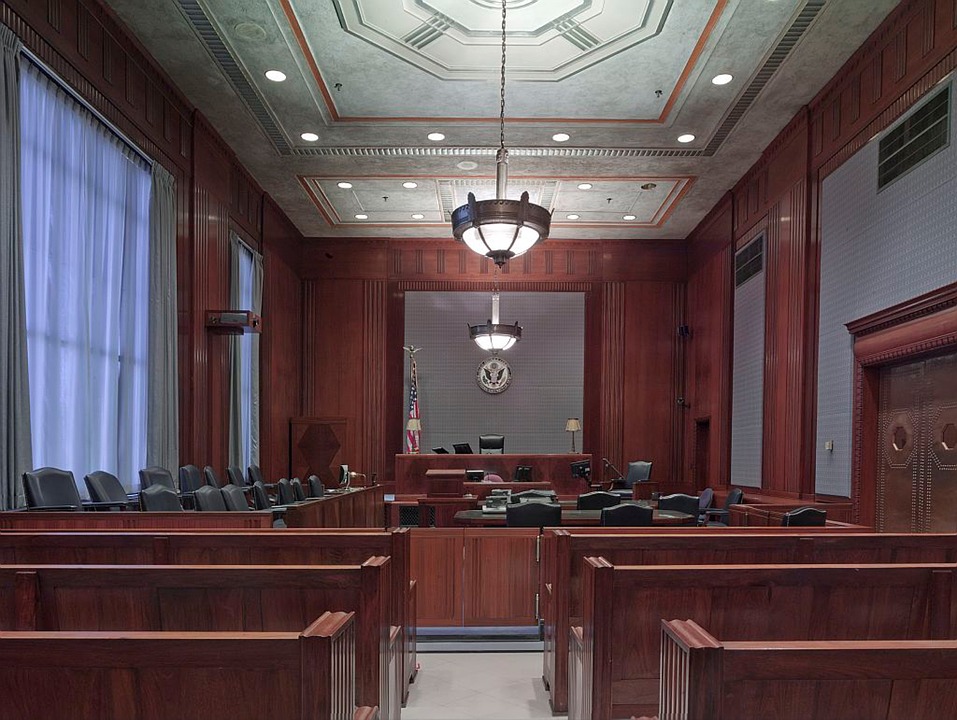California Court of Appeals Finds that Requiring Probationer to Surrender Electronic Devices to Search at Any Time was Burdensome and Intrusive
Probation Restrictions
Many people might be surprised to know that a judge cannot simply impose any restriction or condition simply because they are on probation. Probation is a condition placed on a defendant following a criminal conviction. This condition allows the client to serve little to no jail while under the supervision of the court (misdemeanor or summary probation) or a probation officer (felony probation). While under probation, the court may impose a wide variety of conditions (i.e. attend alcoholics or narcotics anonymous meetings, domestic violence and/or anger 
- revoke and reinstate your probation to exactly the same terms and conditions;
- revoke and reinstate your probation with additional terms or extend your probation; or
- terminate your probation and sentence you to jail or prison.
Courts Going Beyond Their Power
But what happens if and when the probationer believes the court has gone too far? Can a judge impose any and all conditions simply because you’ve suffered a criminal conviction? Fortunately, the answer is no. Although it is true that courts retain wide latitude to impose conditions and restrictions with respect to the twin goals of rehabilitating the defendant with minimal risk to the community. (People v. Carbajal (1995) 20 Cal.4th 1114, 1120) The California Court of Appeals recently ruled that a court’s ability to grant and set probation terms and restrictions are not absolute. In People v. Cota (No. D074935) the defendant suffered a conviction for carrying a concealed weapon, in this case a knife in his waistband, and agreed to plead guilty in exchange to probation for three years. The court required Mr. Cota to allow his electronic items to be searched at any time. Mr. Cota objected to this term but the court imposed them anyways. On appeal, the court ruled that a term of probation is reasonable if it related to some legitimate end of probation. Cota had a legitimate privacy concern vis a vis his electronic items. For these reasons, the California Court of Appeals held that these specific terms of probation were unreasonable. Additionally, the court held since there was no relationship between his electronic items and his use of a concealed weapon, there was no substantial and particularized justification in the record to support this condition.
This means that even if you are convicted of a crime and placed on probation, the court cannot impose any condition and/or restriction unless it would further the goals of probation to deter criminality, relates to the conviction and does not involve non-criminal conduct. (People v. Lent (1975) 15 Cal.3d 481.) For these reasons, it’s important for all defendants to know what they are agreeing to when considering a plea for probation terms. A criminal conviction does not mean you lose all of your rights and so it is important for you to protect these rights by retaining an attorney to object when appropriate.
Considering a Plea for Probation Terms? Contact Walin & Klarich Today
If you or a loved one is considering a plea for probation terms it is important you understand what you are agreeing to. For over 40 years Wallin & Klarich has helped thousands of clients navigate the uncertainty of the legal process. Our attorneys will use our legal experience to ensure you do not give up your rights when placed on probation.
With offices in Orange County, Riverside, San Bernardino, Los Angeles, San Diego, West Covina, Torrance, and Victorville, there is an experienced and skilled Wallin & Klarich criminal defense attorney available to help you no matter where you are located.
Contact our offices today at (877) 4-NO-JAIL or (714) 730-5300 for a free, no-obligation phone consultation. We will get through this together.



